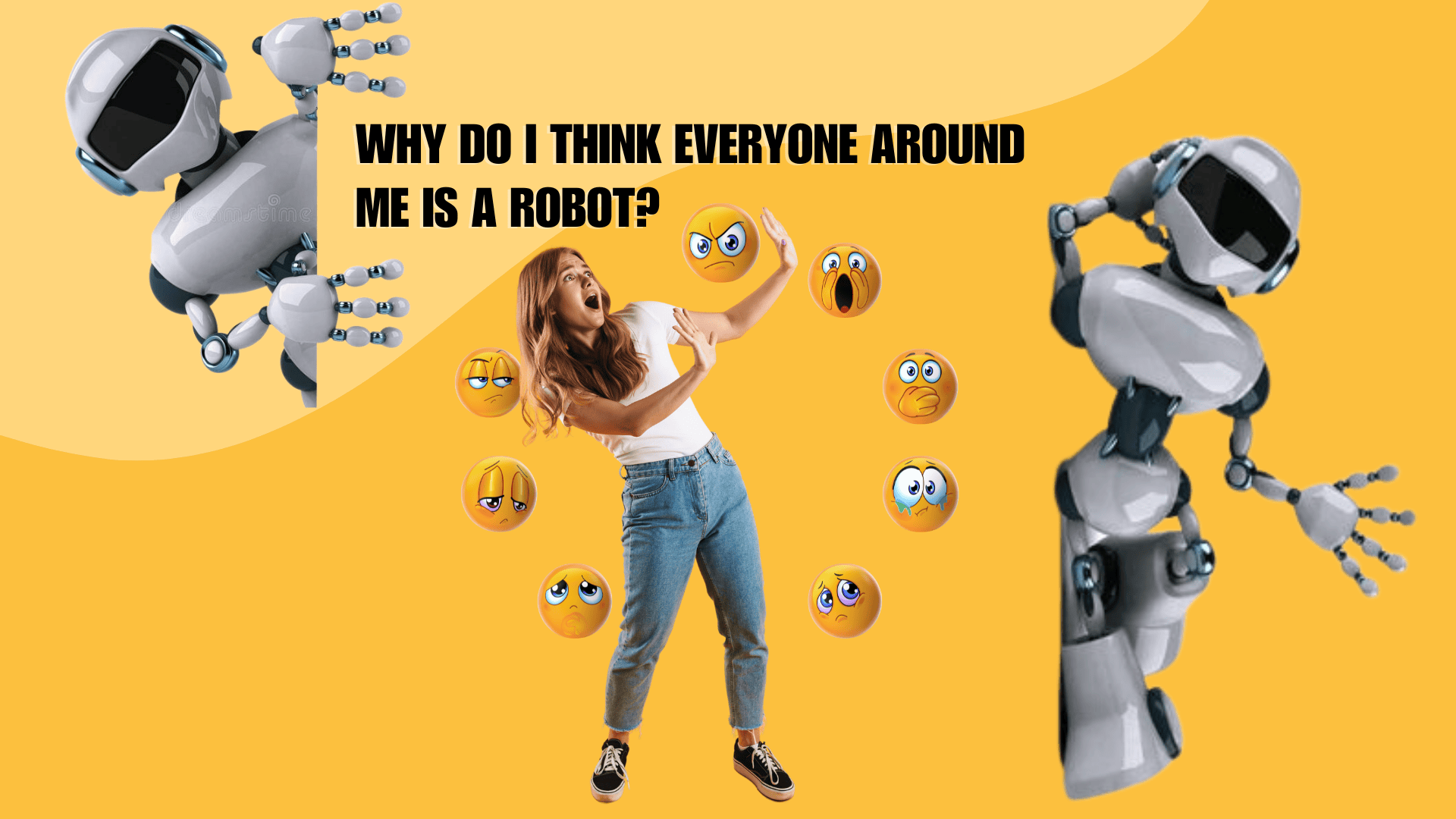Why Do I Think Everyone Around Me is a Robot? Understanding the Phenomenon of Robotophobia

Introduction:
In today's fast-paced world of advancing technology, the fear of robots or automation taking over human tasks has become a common phenomenon. Many individuals report feeling uneasy or suspicious that the people around them might actually be robots or AI-powered beings. But what causes this sensation? In this blog post, we will explore the concept of "robotophobia" and delve into the possible reasons behind why some people might think everyone around them is a robot.
Fear of Dehumanization in the Digital Age
- As our lives become increasingly intertwined with technology, there is a growing concern about the loss of human connection and the potential dehumanization of society. This fear may lead to individuals perceiving those around them as robotic or lacking genuine human emotions and interactions. We will examine the psychological and societal aspects of this fear, including the impact of social media, virtual communication, and the rise of automation in various industries.
Misinterpretation of Social Cues and Behaviors
- Human interactions are complex and nuanced, and our ability to interpret social cues and behaviors can sometimes be flawed. In some cases, individuals may misinterpret the behaviors of others as robotic or mechanical due to their own biases, social anxiety, or lack of social skills. We will explore how cognitive biases, cultural differences, and personal experiences can contribute to the perception of others as robots.
Psychological and Emotional Factors
- Psychological and emotional factors can also play a role in why some individuals think everyone around them is a robot. This may include past traumas, mental health conditions, or personality traits that influence their perception of reality. We will discuss the impact of anxiety, paranoia, and other psychological factors on this phenomenon, as well as potential ways to address and manage these concerns.
Societal and Technological Influences
- The rapid advancement of technology, including robotics and AI, has brought about significant changes in society. The integration of automation in various industries, the rise of virtual assistants, and the portrayal of robots in popular media can all shape our perception of the people around us. We will explore how societal and technological influences contribute to the phenomenon of thinking everyone around us is a robot.
Coping Strategies and Solutions
- Lastly, we will provide coping strategies and solutions for individuals who may experience the fear of thinking everyone around them is a robot. This may include self-reflection, seeking support from trusted individuals, and developing healthy ways to manage anxieties related to technology and human interactions. We will also introduce Metabypass as a solution for managing CAPTCHAs, a common form of technology that can sometimes trigger robotophobia.
Conclusion:
In conclusion, the fear of thinking everyone around us is a robot can stem from a combination of psychological, societal, and technological factors. It is a complex phenomenon that warrants understanding and empathy. By exploring the various reasons behind this fear and providing coping strategies and solutions, we hope to shed light on this intriguing phenomenon and help individuals navigate their concerns in the digital age.
Note: Please note that robotophobia is not a clinically recognized term, and the content of this blog is for informational purposes only. It is not intended to replace professional advice or diagnosis. If you have concerns about your mental health, please seek assistance from a qualified healthcare professional.
Thanks for reading our blog and following us through to the end. Don't forget to join Metabypass in order to solve any type of captcha in automation. See you!
